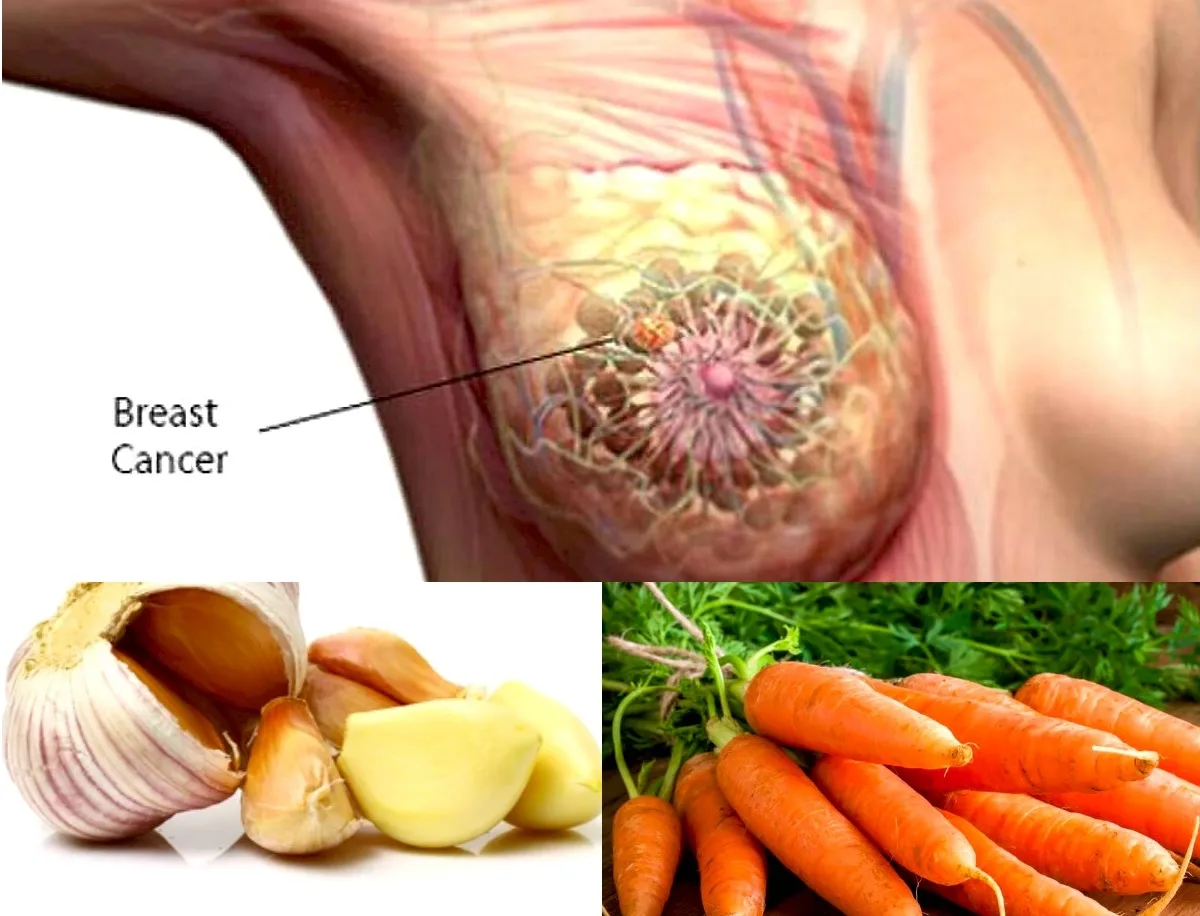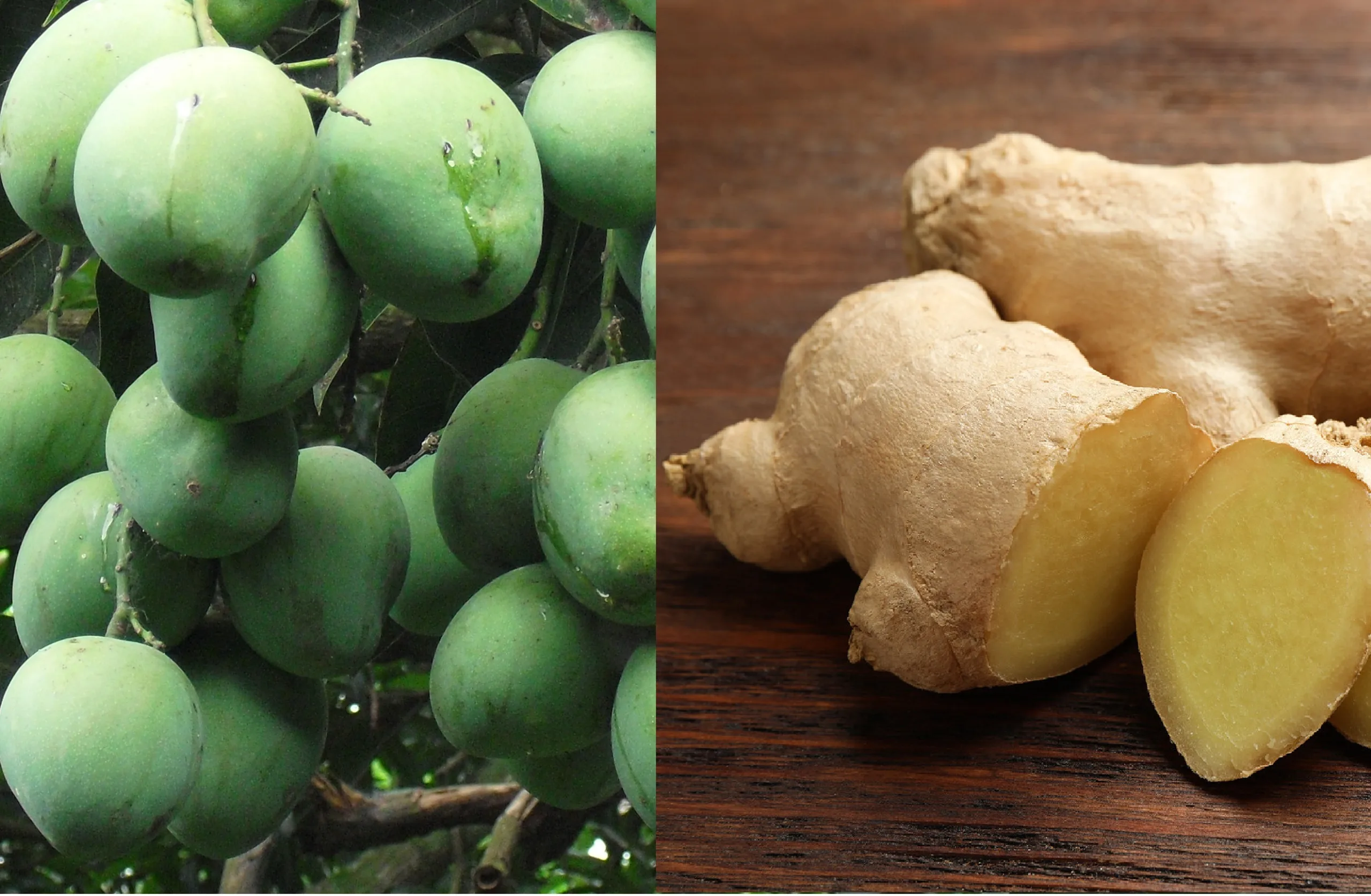Battle Against Breast Cancer: Herbal Remedies for Breast Cancer Treatment

Breast cancer is one of the most prevalent types of cancer affecting women globally, with alarming statistics indicating that one in eight women will develop the disease in their lifetime.
This sobering reality has prompted many to seek alternative treatment options, particularly herbal remedies, which are often perceived as safer and more affordable than conventional treatments like chemotherapy and radiotherapy.
The complexity and molecular variation of breast cancer can lead to undesirable results from traditional treatments, making herbal medicine an appealing alternative for many.
Understanding Breast Cancer Risk Factors
Several factors contribute to the risk of developing breast cancer. These include:
- Gender: Being female is the primary risk factor.
- Family History: A history of breast cancer in close relatives increases risk.
- Reproductive History: Women who have never been pregnant or who do not breastfeed may face higher risks.
- Hormonal Treatments: Use of postmenopausal estrogen substitution therapy and certain contraceptives can elevate risk.
- Lifestyle Factors: Poor dietary habits, excessive alcohol consumption, smoking, and delayed conception are also linked to increased risk.
Given these factors, it is crucial to explore all potential avenues for prevention and treatment.
The Appeal of Herbal Treatments
Herbal medicine has been a cornerstone of traditional healing practices across cultures for centuries. Plants and herbs contain a wealth of bioactive compounds that have demonstrated anticancer properties. Unlike chemotherapy, which can damage healthy cells along with cancerous ones, many herbal treatments target abnormal cells specifically, thereby reducing side effects associated with conventional treatments.
Promising Herbs for Breast Cancer Treatment
- Garlic: Known for its potent health benefits, garlic contains compounds such as alliin and allicin that exhibit strong anti-cancer properties. These compounds can inhibit the proliferation of cancer cells and prevent their spread to other organs.
- Turmeric: The active ingredient in turmeric, curcumin, has been extensively studied for its ability to inhibit tumor growth and promote apoptosis (programmed cell death) in cancer cells. Curcumin also boosts antioxidant levels in the body, further aiding in the fight against cancer.
- Carrots: Rich in carotenoids, carrots have been shown to shrink tumors and reduce recurrence rates. Their antioxidant properties help protect cells from damage caused by free radicals.
- Green Tea: This popular beverage is rich in polyphenols that can induce apoptosis in cancer cells. Additionally, green tea has been found to mitigate the side effects of radiation and chemotherapy when used alongside conventional treatments.
- Ginseng: Known for its immune-boosting properties, ginseng can block tumor development and inhibit the migration of cancer cells. Its juice has shown promise in preventing breast cancer.
- Flax Seeds: High in omega-3 fatty acids and lignans, flax seeds have demonstrated significant anticancer effects. Research indicates that they can reduce cancer cell growth by up to 45%, highlighting their potential as a powerful dietary addition for breast cancer patients.
Integrating Herbal Remedies with Conventional Treatments
While herbal remedies offer numerous benefits, they should not replace standard medical treatments for breast cancer. Instead, they can complement these therapies by enhancing overall health and reducing side effects. Patients considering herbal supplements should consult with healthcare professionals to ensure safety and efficacy.
Conclusion
Breast cancer remains a significant health challenge for women worldwide. However, the growing interest in herbal treatments presents a promising avenue for those seeking alternatives or supplements to conventional therapies.
Herbs like garlic, turmeric, carrots, green tea, ginseng, and flax seeds not only offer potential therapeutic benefits but also empower individuals to take an active role in their health journey. As research continues to uncover the mechanisms behind these natural remedies, they may play an increasingly vital role in comprehensive breast cancer care.
Always consult with healthcare providers before starting any new treatment regimen to ensure it aligns with your overall treatment plan and health goals.

